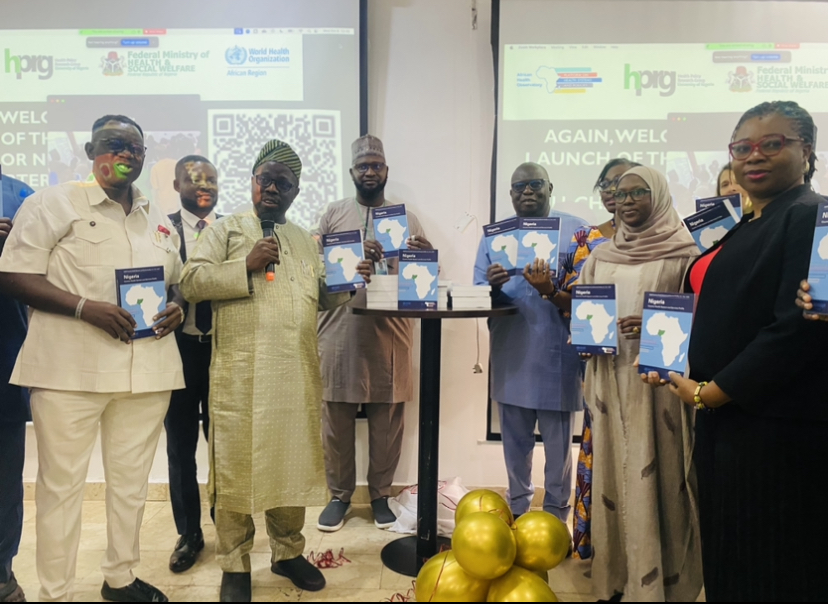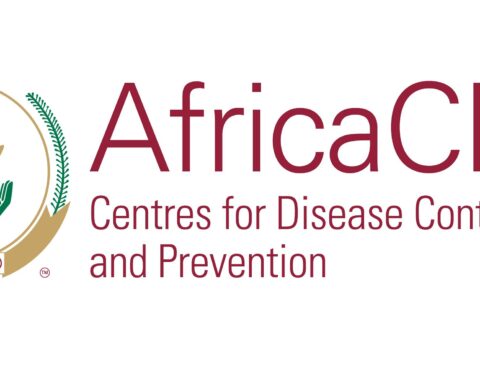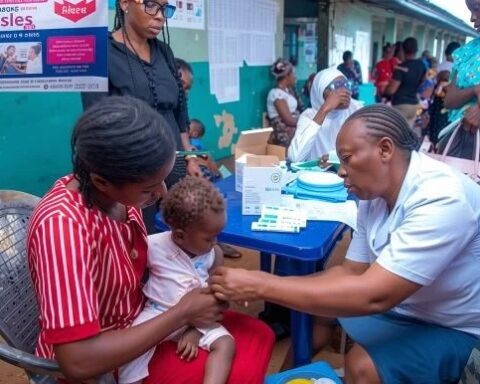Health financing experts have called for a stronger role for the private sector in Nigeria’s health system.
They made the call during a Webinar entitled: “Investing in Health in a Limited Fiscal Space” on Wednesday, organised by Nigeria Health Watch in partnership with PUNCH Newspapers and Premium Times.
Dr Mories Atoki, the Chief Executive Officer of the African Business Coalition for Health, said that health should be treated not only as a social good but also as a strategic economic sector deserving deliberate investment.
“The reality of our constrained fiscal space compels us to think beyond traditional aid, government budgets, and philanthropy.
“Businesses can mobilise innovative financing, engage in public-private partnerships, and drive market development to strengthen health systems.”
Atoki highlighted practical ways the private sector can contribute beyond corporate social responsibility.
“Businesses can invest in blended finance vehicles, health bonds, and impact investment funds to de-risk health ventures.
“Corporate health funds can also co-finance priority interventions, such as local manufacturing, diagnostics, and digital infrastructure, in collaboration with government and development partners.”
She also stressed the importance of public-private partnerships and performance-based contracts.
Drawing lessons from the energy sector, where service providers are rewarded for measurable outcomes, she suggested structuring outcome-based contracts for essential health services.
“Under this model, private operators would be paid based on health indicators achieved, such as immunisation coverage, facility uptime, and digital data reporting.
“This approach incentivises efficiency, innovation, and accountability in the health sector.”
Atoki further recommended the creation of innovation hubs and regulatory sandboxes similar to those in the fintech sector.
“These would allow start-ups and private enterprises to pilot scalable solutions in telemedicine, data management, and supply-chain automation within supervised environments.”
She added that health tech innovators should be encouraged, not overburdened with excessive regulations.
She also emphasised market development, noting that investing in local production of medicines, consumables, and medical technology can create jobs, reduce import dependency, improve the availability of essential products, and strengthen national health security.
“For these initiatives to succeed, a viable enabling environment is critical, with predictable regulations, fiscal incentives, and collaborative governance between businesses, government, civil society, and academia.
“By working together, every naira spent on health can yield both public good and economic benefits.”
Dr Felix Obi, a health systems policy and financing expert, highlighted the impact of the Basic Healthcare Provision Fund (BHCPF) on primary healthcare centres (PHCs) across Nigeria.
Obi shared insights on how state-level planning and citizen engagement can enhance service delivery.
Following the 2025 National Health Financing Dialogue, the Ministry of Health has encouraged all states to develop Annual Operational Plans (AOPs). He explained;” these plans outline state-specific health priorities, infrastructure needs, service-delivery strategies, and resource requirements”.
According to him, clear AOPs enable civil society organisations (CSOs) and the media to track health budgets and assess whether allocations are aligned with priority needs.
“Citizens must have access to these plans and budgets so they can monitor what the government intends to spend on the health sector each year.”
He emphasised the importance of early citizen engagement in the budget formulation process to ensure transparency and accountability.
“It’s not just about the figures going around; we need to know which PHCs received the funds and whether they are benefiting the people, especially those in rural communities.”
He also explained that the BHCPF, established under the 2014 National Health Act, guarantees that at least one per cent of federal consolidated revenue is dedicated to basic health services.
“Launched officially in 2018, the fund supports designated PHCs, paying facilities through capitation for services provided to enrolled beneficiaries.
“PHCs receiving BHCPF funding are generally better equipped, have more healthcare workers, and show improved service delivery compared with regular local government PHCs.”
However, he noted that citizen awareness is crucial in preventing the misappropriation of funds. “Platforms like citizens’ scorecards and community monitoring committees are essential for tracking how these funds are used.”
He cited his visit to a BHCPF facility in his home village in Imo State as an example of proactive citizen engagement.
Dr Biobele Davidson, Managing Director of Strengthening Health Systems at BudgIT, highlighted digital innovations that empower communities to hold health systems accountable.
Davidson said that through the PHC Tracka platform, citizens can report infrastructure gaps, drug shortages, staff absenteeism, and other service-delivery challenges directly to authorities.
“Despite the promise of these digital tools, significant shortfalls remain. Reports indicate that only about 62 per cent of the N1.32 trillion budgeted for health in six states in 2024 was spent.
“This underutilisation leaves gaps in allocation, disbursement, and facility-level services, highlighting persistent weaknesses in public health funding and monitoring.”
She added that citizen engagement is essential for monitoring programmes such as the BHCPF, noting that media and civil society must continue to raise awareness, demand transparency, and ensure that allocated resources translate into measurable improvements in health service delivery.
The News Agency of Nigeria (NAN) reports that the Webinar followed the National Health Financing Policy Dialogue which explored ways to translate policy commitments into concrete action.
Participants highlighted the pivotal role of the media, civil society, and communities in ensuring accountability and sustainable health financing in Nigeria.



























